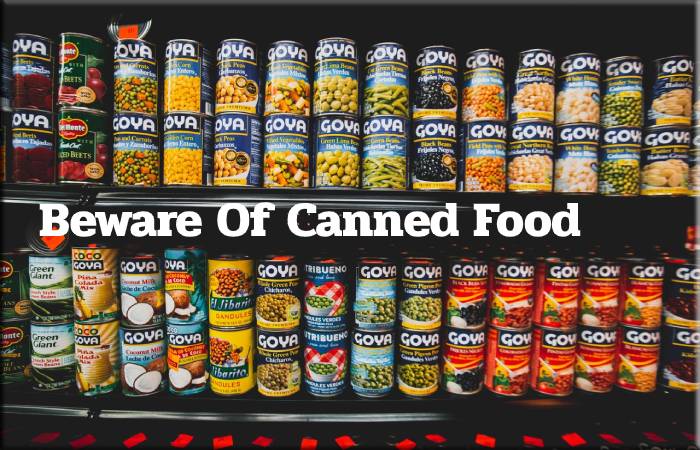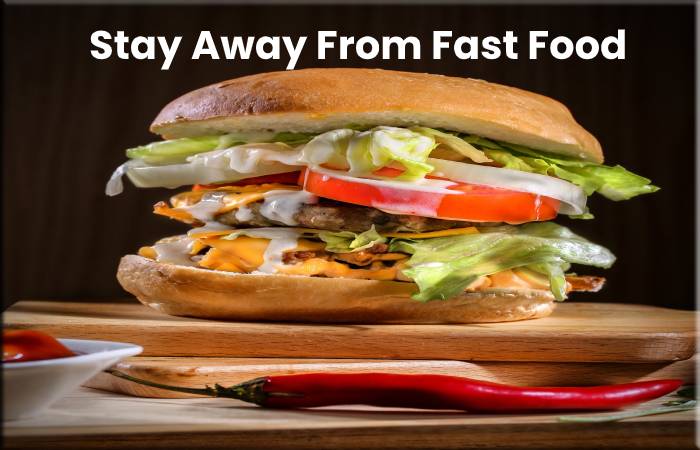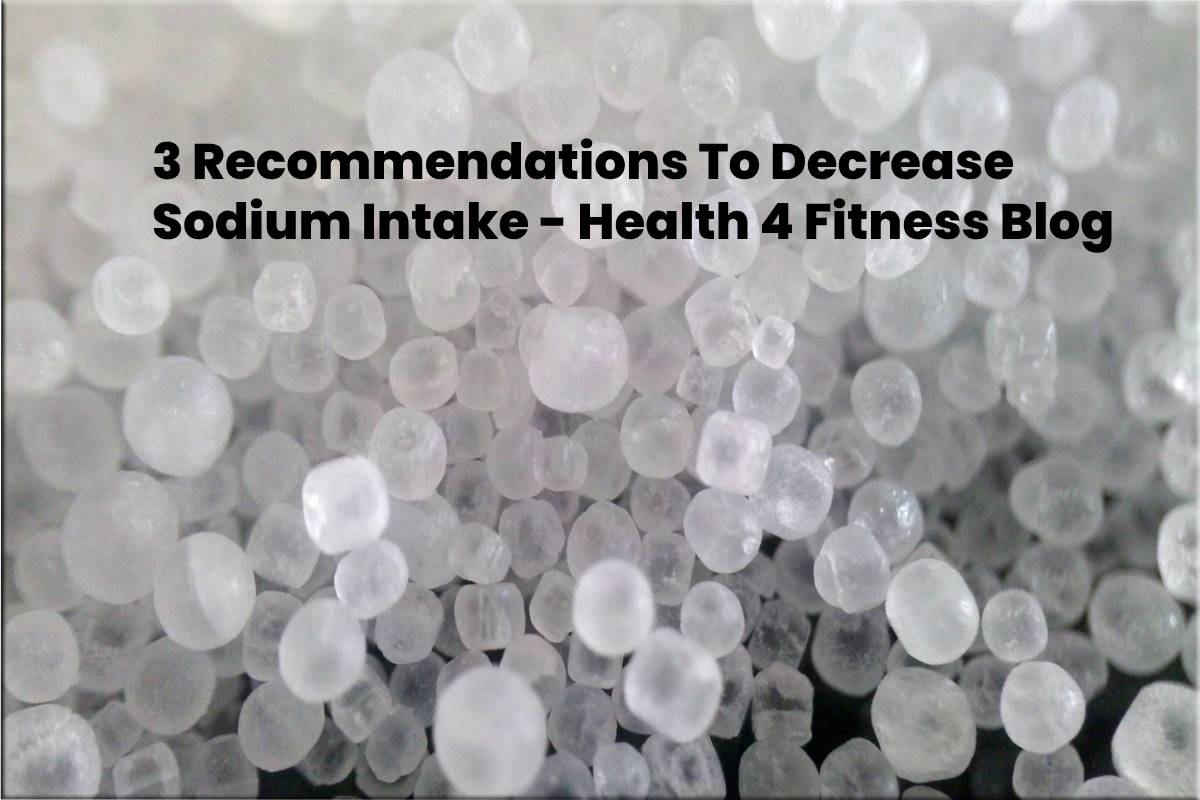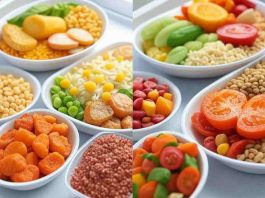Have you been diagnosed with hypertension and recommended to reduce the sodium intake of your diet? Here we give you 3 tips to carry out this task.
For many people, reducing sodium intake is an inescapable task, since their cardiovascular health depends on it.
This mineral is one of the most abundant in the body and performs such essential functions as ensuring the transmission of the nerve impulse.
However, its sufficient intake is associated with a poor prognosis in those individuals with hypertension.
Therefore, we are going to provide you with a series of recommendations to reduce it in your diet. If you put them into practice, you will be able to see how you improve your state of health in the medium and long term.
However, these tips should be taken by anyone who has problems with the handling of this mineral. In the case of athletes or people who exposed to a high level of sweating, the indications could be different.
Table of Contents
How To Decrease Sodium Intake?
Next, we will expose dietary techniques that will help you reduce the presence of sodium in the diet.
Remember that if you have doubts about the need to restrict the contribution of this mineral, the best option is always to consult with a specialist who will be able to help you plan an optimal diet.
1. Beware Of Canned Food

Pickles or canned foods are an excellent option to have products that are out of season or to increase their shelf life. They are an attractive and comfortable way to consume certain vegetables throughout the year.
Canned legumes, for example, fall under the category of healthy processed. Its regular intake guarantees an adequate supply of fiber, which is directly related to better intestinal health.
This stated in research published in the International Journal of Clinical Practice, where they defended when it comes to reducing traffic problems in older adults.
However, pickles often contain high doses of sodium, which could be harmful to certain people.
Experts link the dietary contribution of this mineral with an increase in blood pressure, although the latest scientific articles show some disagreement in this regard.
However, until certified otherwise, the medical prescription is to reduce salt in hypertensive patients.
2. Reduce Sodium Intake Through Sauces
Sauces usually contain high amounts of salt. When it comes to reducing sodium intake, it is beneficial to remove this type of food from the usual diet.
Although the worst of these products is not the mineral content of them, their excessive caloric intake.
In some cases, the presence of trans-type lipids in its composition is another negative factor.
These fats linked to an increased risk of developing chronic inflammatory diseases, according to an article published in the journal BMJ.
In the case of considering consuming a sauce, it is best to make it homemade. So this way, we will know the ingredients that compose it, and we will be able to choose its origin.
In the case of buying industrial type, it is essential to look at the labeling and avoid those that contain high amounts of sodium, trans lipids, and additives.
It is good to get advice in this regard and check the nutritional tables that accompany the packages.
3. Stay Away From Fast Food

Fast food industries often add tremendous amounts of salt to foods to improve palatability. For this reason, their sodium content is high.
Also, dishes from fast-food chains contain chemical additives that can be harmful to health. These foods tend to be fried or battered, further reducing their nutritional quality.
When considering a balanced and healthy diet, it is essential to ensure the presence of fresh food on the menu.
At the same time, it is advisable to reduce the consumption of processed foods, to avoid the contribution of substances that may be harmful to the cardiovascular system.
As part of the strategy for addressing high blood pressure, nutritionists often recommend a drastic reduction of fast food.
In this way, they ensure that the patient does not have direct access to foods that complicate the internal fluid balance, leading to increased blood pressure levels.
Decreasing Sodium Intake May Be Necessary In Some Cases
If you suffer from high blood pressure, the specialist will probably recommend reducing sodium intake in your diet to avoid complications derived from the progression of this pathology.
To comply with this guideline, you must take into account the advice that we have provided in this article.
Remember that the basis of a healthy diet is variety and, above all, the predominance of fresh products and vegetables.
Try to combine a proper diet with the practice of physical exercise regularly to promote a correct state of health.
Lastly, if you are an athlete and you train outdoors, consult a nutrition professional before deciding to cut back on dietary sodium. Otherwise, you could jeopardize the electrolyte balance and, with it, sports performance.



